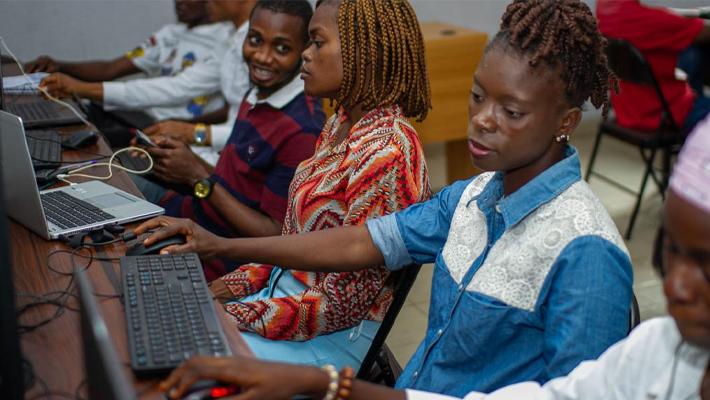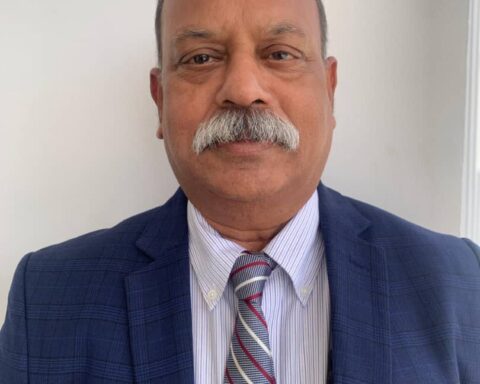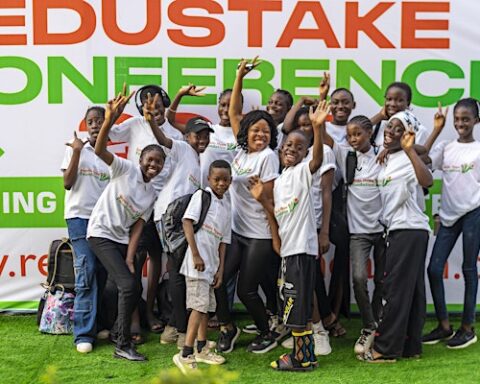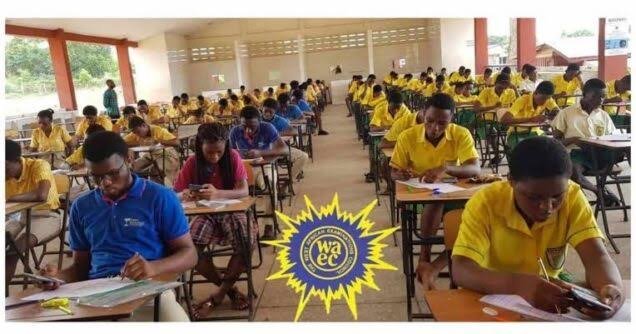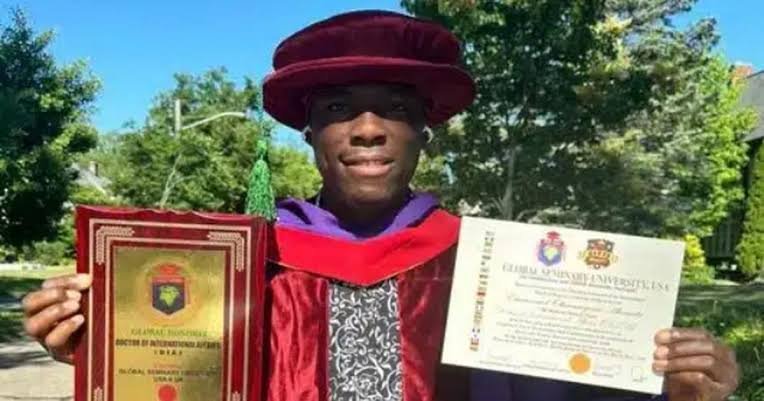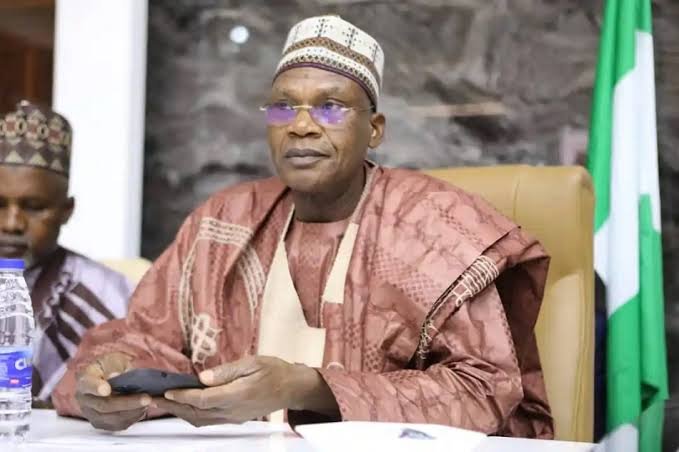The Abia Government says it is committed to training at least 1,500 youths in digital skills to enhance digital innovation and economy in the State.
The Commissioner for Youth.and Sports Development, Mr Nwobilor Ananaba, disclosed the good news yesterday (Wednesday, December 11) at the inauguration of a digital skills training programme organised by the State Government, in partnership with Learn Factory Nigeria, at Eziama-Nvosi, Isiala Ngwa South Local Government Area.
The News Agency of Nigeria (NAN) reports that the programme, tagged “Abia DIGI-UPSKILL: A Pathway to a new Abia”, would be conducted simultaneously in the State’s three senatorial districts.
The Commissioner said the government’s resolve to empower the youths was meant to help them to thrive in society, noting that the importance of digital skills in the 21st Century are too numerous to list.
“Digital skills are essential in the 21st Century for many reasons, promoting career readiness, education, everyday life learning, social connection, critical thinking and innovation, among others.
“It is with the intention to avail our young people of digital skills that will open doors for great opportunities that we have decided to partner with Learn Factory Nigeria,” Ananaba said.
He disclosed that the programme would run for three months, during which participants would undergo intensive training in various digital skills.
According to the News Agency of Nigeria (NAN), the Commissioner for Science, Technology and Innovation, Mr David Kalu, in an address, explained that the programme would provide participants with opportunities to make a significant impact in Abia and beyond.
“This training is committed to providing youths with robust education, cutting-edge resources, and a supportive environment that will help them thrive.
“Here, you will have access to innovative learning, engage with a curriculum designed to challenge and inspire you, fostering critical thinking and creativity.
“Your journey here is not just about personal growth; it is also about making a difference,” he said.
Kalu also noted that the information technology arena affords one the opportunity to work remotely for foreign companies and earn foreign currencies, which would greatly boost the local economy.
“As you pursue your studies, you will have the chance to drive economic development.
“Also, through innovative projects and entrepreneurial ventures, you can contribute to the economic growth of our state,” he said.
Kalu urged the beneficiaries to share the knowledge they would gain through setting up learning channels to contribute to the improvement of educational standards and inspire the next generation.
In a remark, the Chairman of Isiala Ngwa North LGA, Mr Nnadozie Nwogwugwu, expressed delight over the decision of the government to equip youths with relevant skills.
Nwogwugwu, represented by his deputy, Mrs Vivian Obilor, described the training as an effective strategy for tackling unemployment and making Abia youths relevant in the global digital economy.
“We assure you of our full support and we will vigorously mobilise our youths to join,” he said.
He urged the beneficiaries to approach the programme with seriousness and dedication.
Earlier, the Chief Executive Officer, Learn Factory Nigeria, Mr Chibueze Ukaegbu, expressed his commitment to empowering the youths with skills that would make them globally relevant.
Ukaegbu thanked the government for its role in making the programme a reality, adding that it would enable the youths to be empowered with in-demand digital skills.
He also said that the World Bank and the Federal Ministry of Education had provided funding for the training of Abia youths in advanced digital skills.
He said that the programme would feature courses such as Web Development, Mobile App, Digital Arts and Animation, Artificial Intelligence and Prompt Engineering and Data Engineering.
“The assurance is that if you can give three months of dedication, you would be happy with the result.
“This training would enable you to acquire skills that would make you globally relevant.
“The world we live in is a global village and for you to succeed, you need globally relevant skills,” Ukaegbu said.
